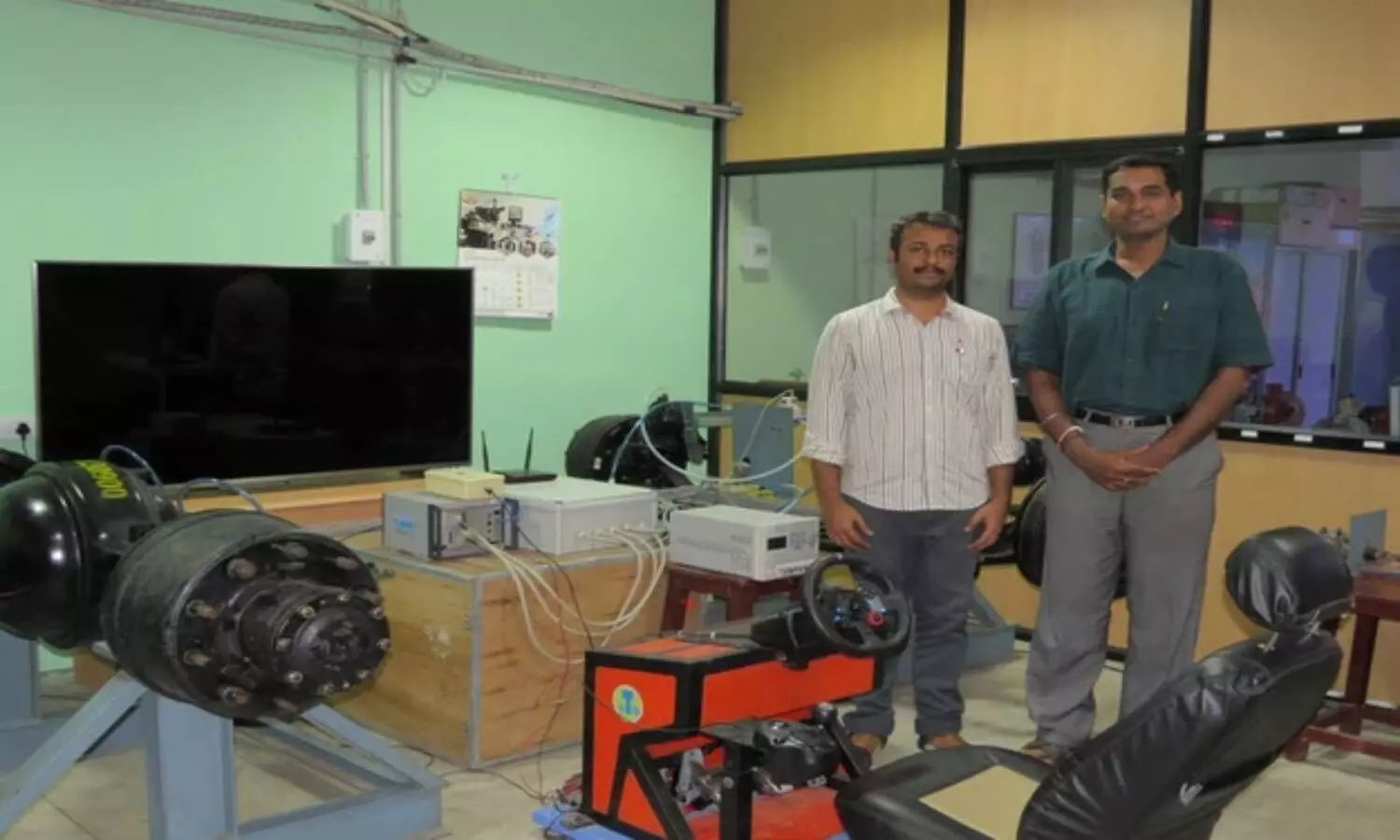IIT Madras researchers help improve braking in electrified vehicles
Researchers at the Indian Institute of Technology (IIT), Madras, developed strategies to improve the braking performance of electrified vehicles (electric and hybrid vehicles).
By Newsmeter Network
Hyderabad: Researchers at the Indian Institute of Technology (IIT), Madras, developed strategies to improve the braking performance of electrified vehicles (electric and hybrid vehicles). This research could help implement a braking system in electrified vehicles, which can improve the stopping distance and ride comfort in the presence of regenerative braking.
Although such strategies have been developed for lighter road vehicles, there is a lack of strategies through which the braking performance of heavy commercial road vehicles (such as buses and trucks) can be improved through regenerative braking.
In a regenerative braking system, when the driver presses the brake foot pedal, a portion of the kinetic energy due to the movement of wheels is converted into electrical energy that gets stored in the battery and is available for use in future driving. Electrified vehicles can get the best of both worlds through the use of a co-operative braking system.
The research was led by Prof. C.S. Shankar Ram, Department of Engineering Design, IIT Madras, and his PhD student Dr V.S. Kesavan who explored various strategies to study and incorporate the effect of different dynamic characteristics of 'friction brake' and 'regenerative brake' on the vehicle's braking performance. The results of their study have been published in the reputed peer-reviewed Journal Vehicle System Dynamics.
"Given the increasing adoption of electrified heavy road vehicles, it is imperative to study their dynamic response during on-road operation. Brakes are used to ensure safe operation of vehicles, and this research focusses on the braking of electrified heavy road vehicles," said Prof. Shankar Ram.